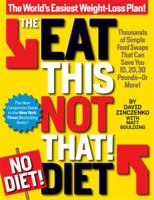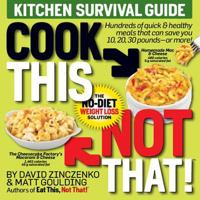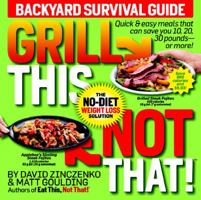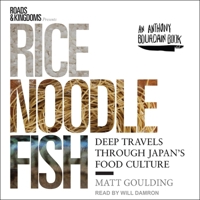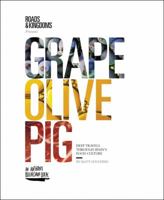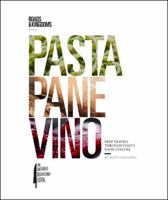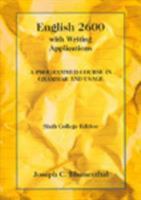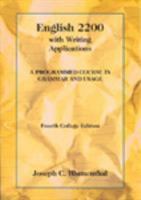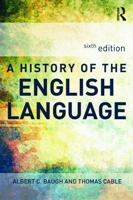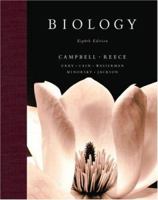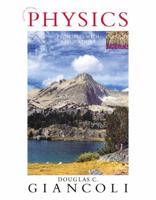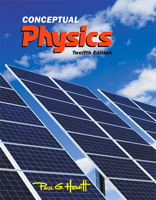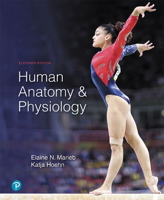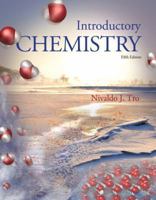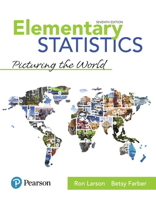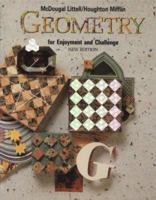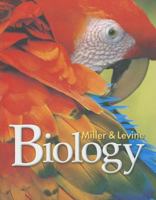English 3200 with Writing Applications: A Programmed Course in Grammar and Usage (College Series)
Select Format
Select Condition 
Book Overview
You Might Also Enjoy
Customer Reviews
Rated 1 starsHave to search for answers
Normally, a programmed course has the answers directly in the internal margin, where one just ours a bookmarked over it, and as you go through, you pull the book mark down to reveal the answer. In this book.the answer is spread pages away and requiring inefficient searching around. Really poorly put together. Confusing and inefficient.
0Report
Rated 5 starsBest grammar book on sentence structure ever
This is the best book on sentence structure ever. I wish I had this book when I was in school. I read alot of books on grammar and they never work for me. I usually forgot what I read after a day or two. I am an electrical engineer. Math and science are always my best subject while english is my worse. This book show me how to combine simple sentences into compound and complex sentence. How to add adverb and adjective...
0Report
Rated 5 starsOur Native Tongue Preserved!
As a journalism student many moons ago, English 3200 saved me from the fate of sixty percent of my peers. Back then, the majority of prospective journalism majors washed out of the College of Communication at my university. The reason? Any paper submitted for a grade with a spelling error, incorrect grammar, punctuation error, or improper formatting earned an automatic "C" with half letter grade deductions for subsequent...
0Report
Rated 5 starsEnglish 3200
A bastion of decency for those who are weary of the reckless useage of the English language which pervades every aspect of American life. In addition to serving as a learning tool for the uninitiated, this text is a resource companion for the seasoned communicator.
0Report
Rated 5 starsThe Most Effective Grammar Book/English 3200
In high school, I was placed in "dumb" English, but while in the U.S.Army, a friend gave me this book. I read it over and over and this, along with a small pocket dictionary, qualified me for honors English in college. Subsequently, I earned a Medical Degree from UCLA, and I am now a medical writer as well. I recommend English 32000 to all writers and students.
0Report














